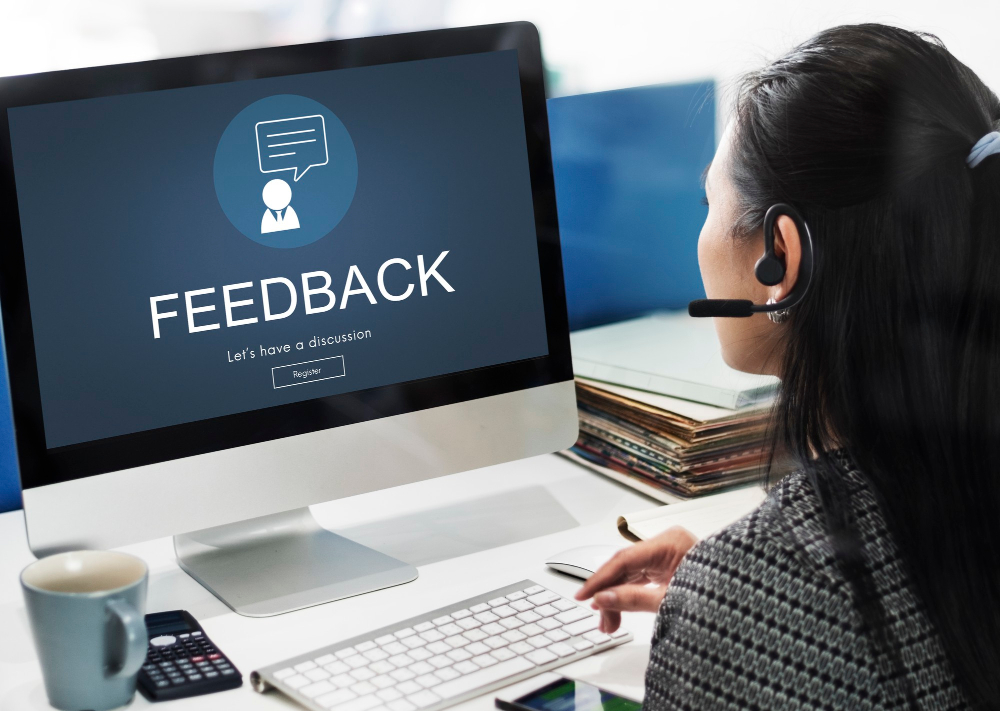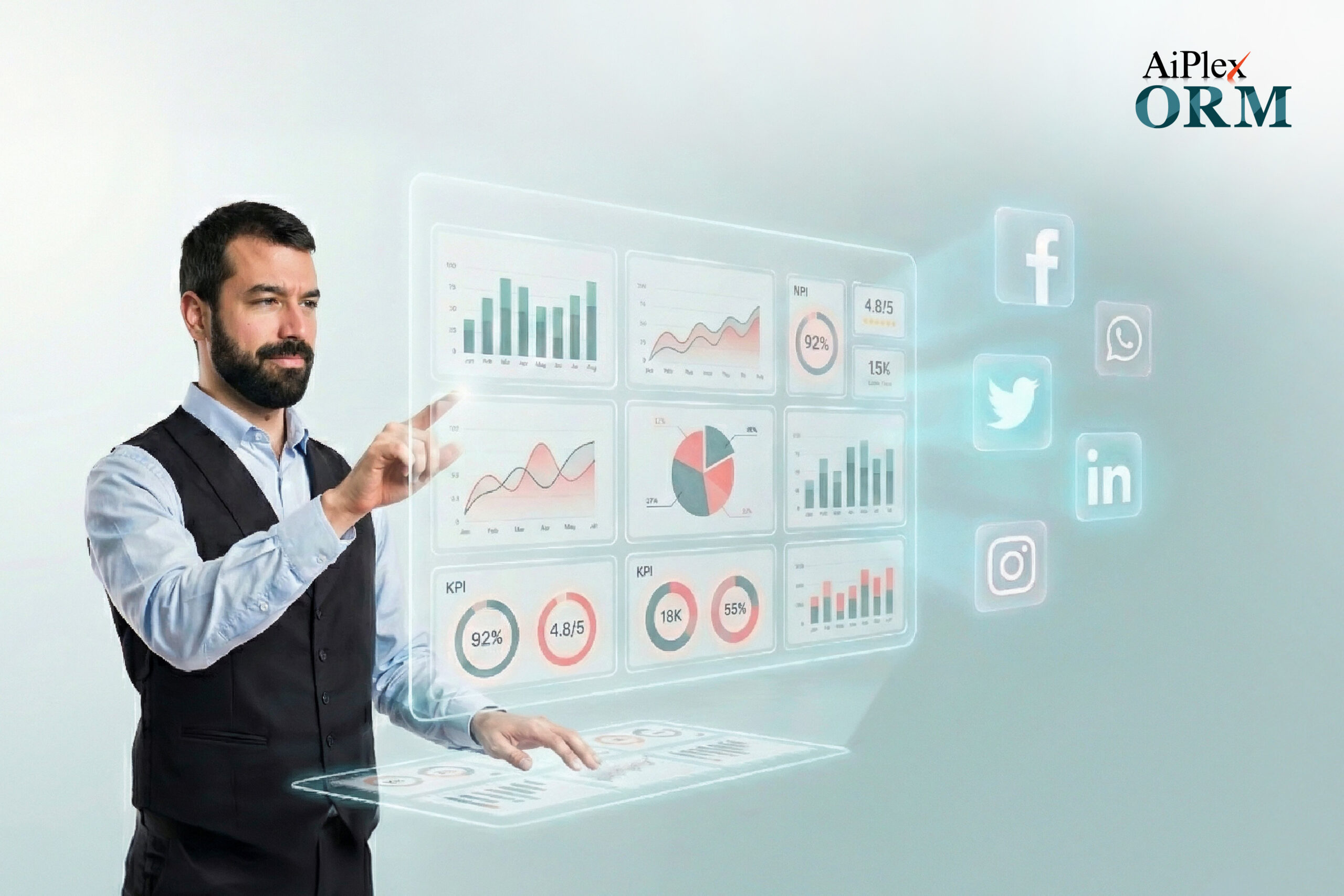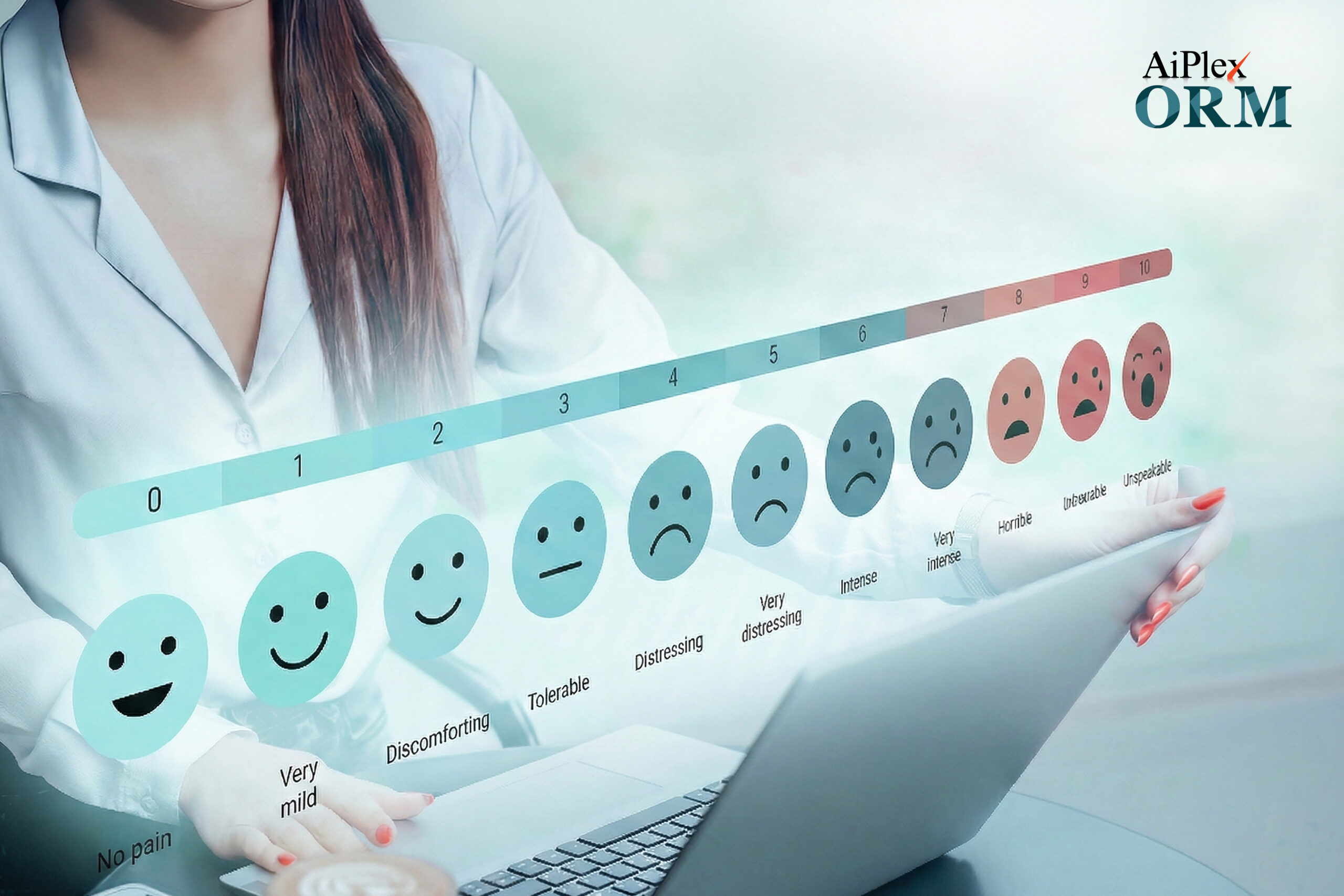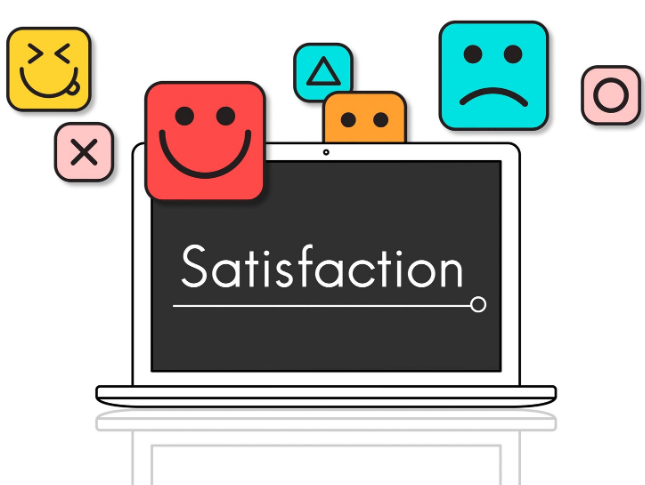Businesses rarely get a second chance to respond to first impressions, and online reviews have become one of the strongest factors shaping how a brand is perceived. Potential customers often read multiple reviews before making a decision, paying close attention not only to what people say but also to how brands respond. Review Reply Services play a crucial role in ensuring that every response reflects professionalism, accountability, and brand values. When handled correctly, replies can turn neutral readers into confident buyers by demonstrating that the business listens, understands feedback, and takes action where needed.
This blog provides a detailed, information-based overview of Review Reply Services and how they contribute to brand reputation management. It explains essential concepts to understand before choosing such services, outlines the core components that define effective review responses, and highlights what businesses should evaluate when outsourcing this task. Readers will gain clarity on how structured review reply management supports credibility and customer trust. For brands seeking reliable support, this guide also explains how Aiplexor’s services align with these needs and help businesses maintain a consistent, reputation-focused communication strategy.
Things to Know Before Choosing Review Reply Services for Brand Reputation
Before selecting Review Reply Services, businesses need to understand the underlying factors that influence review management success. Review replies are not generic responses; they are strategic communication tools that reflect brand positioning, customer care standards, and long-term reputation goals. Understanding response tone, platform-specific expectations, scalability, and compliance requirements helps decision-makers choose services that align with their brand image rather than damage it. This section introduces the most important considerations that should be evaluated before committing to any review reply solution.
Understanding Brand Voice Consistency in Review Replies
Brand voice consistency is a foundational element of effective review reply management. Every response to a customer review should align with the company’s communication style, values, and personality. Inconsistent replies can confuse audiences and weaken brand identity, especially when multiple platforms are involved. Review Reply Services must establish clear tone guidelines that reflect whether the brand is formal, conversational, empathetic, or authoritative, ensuring uniform communication across all customer interactions.
Maintaining consistency also requires understanding cultural context and audience expectations. A response style suitable for one region or platform may not work for another. Professional review reply solutions account for these nuances by adapting language while preserving brand voice. This balance helps businesses maintain authenticity and credibility, ensuring that customers feel they are interacting with a coherent and trustworthy brand rather than fragmented or automated messaging.
Importance of Platform-Specific Review Management
Different review platforms have distinct user expectations, formats, and visibility rules. Google reviews, social media comments, and industry-specific platforms all require tailored response strategies. Review Reply Services must understand how each platform prioritizes engagement, response timing, and content length. A one-size-fits-all approach often leads to missed opportunities or unprofessional impressions.
Platform-specific expertise ensures that responses are optimized for maximum visibility and impact. For example, timely replies on search-based platforms can influence local rankings, while thoughtful engagement on social platforms strengthens community trust. Businesses benefit when review replies are customized to each channel’s dynamics, reinforcing credibility and enhancing brand reputation across diverse digital touchpoints.
Role of Timeliness in Review Response Strategy
Response timing significantly influences how customers perceive a brand’s reliability and attentiveness. Delayed responses can suggest neglect, while prompt replies demonstrate respect for customer feedback. Review Reply Services are designed to ensure timely engagement, even during high-volume review periods, preventing backlogs that could harm brand perception.
Timeliness also affects potential customers who read reviews in real time. Seeing recent, thoughtful replies reassures them that the business is active and customer-focused. Structured response workflows and monitoring systems allow professional services to maintain consistency in response times, ensuring that every review receives attention without overwhelming internal teams.
Handling Negative Reviews with Professional Structure
Negative reviews require a careful balance of empathy, accountability, and clarity. Poorly handled responses can escalate dissatisfaction and damage public perception. Review Reply Services follow structured frameworks to address concerns without admitting unnecessary liability or appearing defensive. This approach protects brand integrity while showing genuine concern for customer experience.
Professional handling also involves moving sensitive discussions offline when appropriate, offering solutions without overpromising publicly. Consistent, well-crafted responses to criticism can actually enhance brand trust by demonstrating transparency and commitment to improvement. Businesses that approach negative feedback strategically often turn challenging reviews into reputation-strengthening opportunities.
Scalability and Volume Management in Review Replies
As businesses grow, review volume increases across multiple platforms. Managing this scale manually becomes inefficient and error-prone. Review Reply Services provide scalable systems that handle large volumes without compromising quality or consistency. This ensures that every customer receives a response, regardless of review frequency.
Scalability also allows businesses to maintain standards during peak periods, such as product launches or seasonal demand. Automated monitoring combined with human oversight ensures that replies remain accurate, relevant, and aligned with brand guidelines. This capability is essential for businesses aiming to protect brand reputation while expanding their digital footprint.
Core Components of Effective Review Reply Services
Effective Review Reply Services are built on specific operational and strategic components that ensure consistent quality. These components determine how well responses align with brand goals, customer expectations, and platform requirements. Understanding these elements helps businesses evaluate service providers objectively and choose solutions that deliver measurable reputation benefits rather than superficial engagement.
Structured Response Frameworks for Reviews
A structured response framework provides clear guidelines on how different types of reviews should be addressed. Positive, neutral, and negative reviews each require distinct approaches. Review Reply Services rely on predefined templates combined with contextual customization to maintain balance between efficiency and personalization.
These frameworks reduce the risk of inappropriate responses and ensure compliance with brand policies. They also help maintain consistency across teams and platforms, enabling businesses to scale their review management efforts without losing control over messaging quality or intent.
Use of Data Insights in Review Reply Optimization
Data-driven insights play a key role in refining review reply strategies. Review Reply Services analyze sentiment trends, recurring issues, and engagement metrics to improve response quality over time. This information helps businesses identify operational gaps and customer expectations reflected in reviews.
By leveraging analytics, services can adjust tone, timing, and content to maximize impact. This continuous optimization ensures that review replies contribute not only to reputation management but also to broader customer experience improvements and strategic decision-making.
Compliance and Risk Management in Public Responses
Public review responses must comply with legal, industry, and platform-specific guidelines. Review Reply Services incorporate compliance checks to avoid sharing sensitive information or making statements that could pose legal risks. This is especially important for regulated industries where public communication is closely scrutinized.
Risk management protocols ensure that replies remain professional and neutral, even in emotionally charged situations. Businesses benefit from reduced exposure to reputational and legal issues while maintaining transparent and respectful communication with customers.
Human Oversight Combined with Automation
Automation improves efficiency in monitoring and drafting review replies, but human oversight ensures contextual accuracy and emotional intelligence. Review Reply Services balance automated tools with trained professionals who review and refine responses before publication.
This hybrid approach allows businesses to handle high volumes without sacrificing authenticity. Customers can easily recognize generic or automated replies, which may reduce trust. Human involvement ensures that responses feel genuine, thoughtful, and aligned with brand values.
Long-Term Reputation Alignment Through Review Replies
Review replies should support long-term brand reputation goals rather than short-term damage control. Review Reply Services focus on consistent messaging that reinforces reliability, quality, and customer-centric values over time.
By aligning replies with broader branding strategies, businesses build cumulative trust. Each response becomes part of a larger narrative that shapes how audiences perceive the brand, making review reply management a strategic asset rather than a reactive task.
Why Choose Aiplexor for Review Reply Services
Aiplexor provides structured Review Reply Services designed to support brand reputation at scale. The approach focuses on consistency, platform awareness, and strategic communication rather than generic responses. Businesses benefit from tailored reply frameworks aligned with their brand voice and customer engagement goals.
With a combination of technology-driven monitoring and human-led response refinement, Aiplexor ensures timely, compliant, and professional engagement across review platforms. This enables brands to maintain credibility, respond effectively to feedback, and strengthen public trust without overburdening internal teams.
Conclusion
Review Reply Services have become an essential component of modern brand reputation management. They influence how potential customers interpret feedback, evaluate trustworthiness, and decide whether to engage with a business. Structured, consistent, and professional review replies demonstrate accountability and reinforce brand values across digital platforms.
By understanding the key elements of effective review reply management and choosing a service aligned with long-term reputation goals, businesses can transform reviews into strategic assets. With the right partner, review replies move beyond simple responses and become meaningful interactions that support growth, credibility, and sustained customer confidence.








